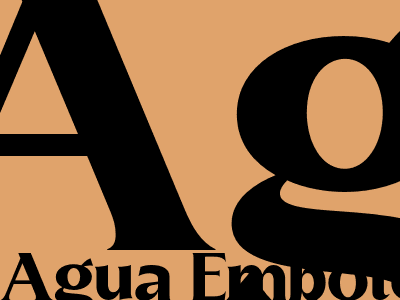
Agua Embotellada: An In-Depth Look at the Bottled Water Industry
Introduction
The bottled water industry has exploded in recent years, with consumers increasingly turning to bottled water as a convenient and healthy alternative to tap water. But is bottled water really a better choice? In this in-depth look at the bottled water industry, we will explore the pros and cons of bottled water, examine the environmental impact of bottled water production, and discuss the future of the bottled water industry.
The Pros of Bottled Water
There are several advantages to drinking bottled water. Bottled water is often perceived as being cleaner and safer than tap water, as it is not subject to the same contaminants that can be found in tap water. Bottled water is also more convenient than tap water, as it can be easily transported and consumed on the go.
In addition, bottled water can be a good source of essential minerals, such as calcium and magnesium. Some bottled waters are also fortified with vitamins and minerals, which can be beneficial for people who are not getting enough of these nutrients from their diet.
The Cons of Bottled Water
There are also several disadvantages to drinking bottled water. Bottled water is often more expensive than tap water, and it can be a significant expense for families who drink a lot of water. Bottled water is also less environmentally friendly than tap water, as it requires the use of plastic bottles, which can end up in landfills or as litter.
In addition, bottled water can sometimes be contaminated with bacteria or other harmful substances. This is especially true for bottled water that is not properly stored or handled. Bottled water can also contain harmful chemicals, such as BPA, which can leach from the plastic bottles into the water.
The Environmental Impact of Bottled Water Production
The production of bottled water has a significant environmental impact. The plastic bottles used to package bottled water are made from petroleum, a non-renewable resource. The production of these bottles requires the use of energy and water, and it can also release harmful pollutants into the environment.
In addition, the transportation of bottled water can also have a negative environmental impact. Bottled water is often transported long distances, which can lead to increased greenhouse gas emissions.
The Future of the Bottled Water Industry
The bottled water industry is facing a number of challenges, including increasing consumer awareness of the environmental impact of bottled water, the growing popularity of tap water, and the development of new water purification technologies.
As a result, the bottled water industry is likely to decline in the coming years. However, bottled water will continue to be a popular choice for consumers who are looking for a convenient and healthy alternative to tap water.
Conclusion
The bottled water industry is a complex and controversial industry. There are both pros and cons to drinking bottled water, and the environmental impact of bottled water production is a serious concern. Consumers should be aware of the pros and cons of bottled water before making a decision about whether or not to drink it.